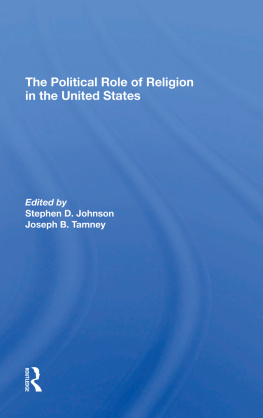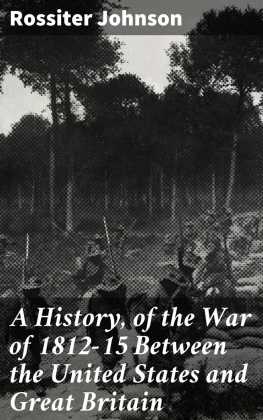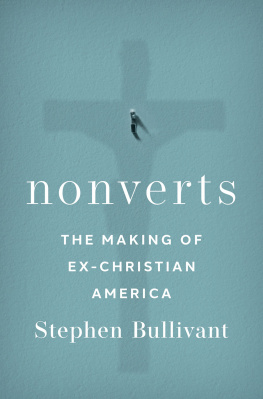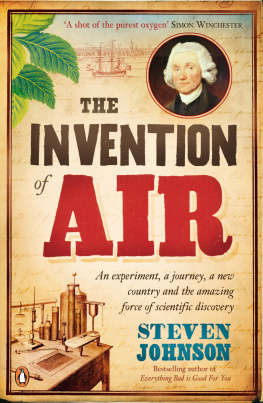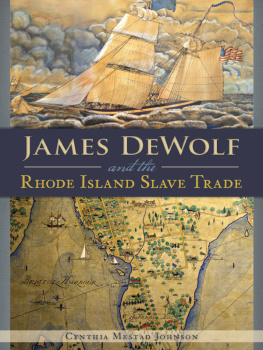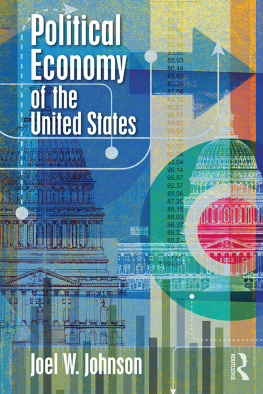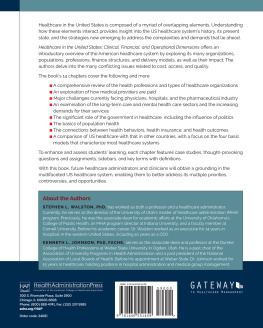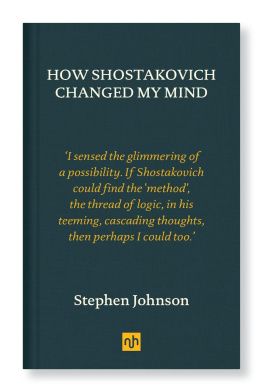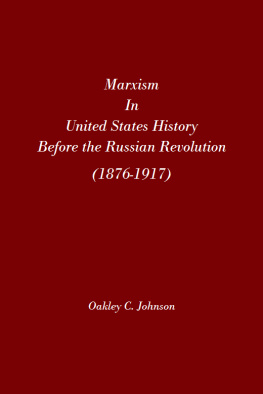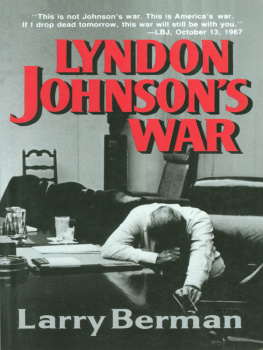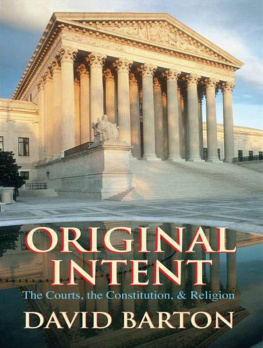The Political Role of Religion in the United States
About the Book and Editors
The political importance of Christian churches in the 1 980s is the focus of this wide-ranging book of readings. Contributors begin by placing the current involvement of religious groups in politics in historical perspective and then analyze the politics and ideologies of both the religious right and religious left. They al30 explore specific issues, including the separation of church and state, the impact of religious interest groups on public policy, religion and abortion, and feminist theological views.
Stephen D. Johnson and Joseph B. Tamney are professors in the Department of Sociology at Ball State University.
The Political Role of Religion in the United States
edited by Stephen D. Johnson
and Joseph B. Tamney
First published 1986 by Westview Press
Published 2019 by Routledge
52 Vanderbilt Avenue, New York, NY 10017
2 Park Square, Milton Park, Abingdon, Oxon OX14 4RN
Routledge is an imprint of the Taylor & Francis Group, an informa business
Copyright 1986 by Taylor & Francis
All rights reserved. No part of this book may be reprinted or reproduced or utilised in any form or by any electronic, mechanical, or other means, now known or hereafter invented, including photocopying and recording, or in any information storage or retrieval system, without permission in writing from the publishers.
Notice:
Product or corporate names may be trademarks or registered trademarks, and are used only for identification and explanation without intent to infringe.
Library of Congress Cataloging-in-Publication Data
Main entry under title:
The Political role of religion in the United States.
Includes index.
1. Religion and state--United States--History--20th
century--Addresses, essays, lectures. 2. United States
--Religion--1960- --Addresses, essays, lectures.
3. United States--Politics and government--1981- -
Addresses, essays, lectures. I. Johnson, Stephen D.
II. Tamney, Joseph B.
BL2525.P65 1986 322'.1'0973 85-31584
ISBN 13: 978-0-367-29502-8 (hbk)
The authors wish to acknowledge the cooperation and word-processing services provided by the Department of Sociology at Ball State University. Special thanks go to Nancy Koons, departmental secretary, and Kathy Vogel, student secretary.
We, of course, thank all those who contributed essays to this volume. Four chapters in this book have appeared previously. They are Michael Johnston's "The 'New Christian Right' in American Politics" ( The Political Quarterly 53:181-199, 1982), Ronald T. Libby's "Listen to the Bishops" ( Foreign Policy , Fall 1983:78-95), "The Princeton Declaration " (Homer A. Jack, ed., Religion in the Struggle for World Community , New York: World Conference on Religion and Peace, 1980), and L. Bruce van Voorst's "The Churches and Nuclear Deterrence" ( Foreign Affairs 61:827-852, 1983). Besides the editors, seven people have made original contributions to this book. They are John D. Cranor, Department of Political Science, Ball State University; James D. Davidson, Department of Sociology and Anthropology, Purdue University; Julia Benton Mitchell, Department of Philosophy, Ball State University; Richard V. Pierard, Department of History, Indiana State University; Merle D. Strege, School of Theology, Anderson College; Donald Tomaskovic-Devey, Department of Sociology, North Carolina State University; and Paul J. Weber, Department of Political Science, University of Louisville.

Secularization
To many social scientists the current burst of political activity by religious leaders that we have witnessed in the later 1970s and early 1980s has come as a surprise. A dominant scholarly thesis had been that modern-day societal trends, such as the cultural diversity of the American people and the increased use of science to solve today's problems, had brought greater secularization in all of our lives. Secularization is a system of ideas and practices that disregards or rejects any form of religious faith or worship.
But despite these long-term secular trends, we have recently seen in the United States, and indeed around the world, the resurgence of religion into the secular sphere of the political arena. During the seventies, Liberation Theology, which attempts to place the church in the service of the poor and urges widespread economic reforms, became a political factor in Central and South America and it influenced the writing and thinking of many Catholic and Protestant liberals as well. In the late seventies, the Islamic revolution in Iran caught the world's attention. For some, the Iranian situation became the classic extreme example of what can happen when religion dominates politics. For others, Iran was an example of how religious leaders can gain significant power. In 1980, the Polish Catholic church joined forces with the workers in the Solidarity Movement, and, in the United States, Jerry Falwell tried to control presidential politics with his Moral Majority organization. Since then, the Roman Catholic church has issued pastoral letters challenging government policies on nuclear disarmament and social welfare. The last ten years have witnessed an apparent religious revival as religious leaders engage in political activity.
he essays presented in this book examine many of the important aspects of this political/religious revival and do so from the point of view of the concerns and activities of both conservative and liberal political/ religious organizations. Let us first, however, look at the historical foundation for the secularizing trends in our society and how the recent political/religious revival fits into this historical context.
The first of what we consider to be four secular trends is the rapid development of technology and science. During the last few centuries, science has lessened our need for religious explanations for natural phenomena. When life is threatened or when forces beyond people's control reign, humans tend to feel insecure and helpless, and religion is a means of coping with such feelings. However, technology has made our lives easier and has, in turn, given human beings an increased sense of collective and individual control over their destiny. Just as technology has given people control, science is an ever-increasing source of understanding. Empirical methods have become an alternative to religious writings as a way of realizing truth.
A second secular trend contributing to a decline in religious commitment is the changes that have occurred purely within the realm of ideas. Over the centuries, philosophy and ethics have become differentiated from religious beliefs. "Humanist" is a label that has been created to identify a person who espouses a nonreligious, universalistic morality. Ethical actions are, today, being justified simply in terms of human dignity and the preservation of life. Not only ethics but also political ideology has become differentiated from specific religions. For instance, it can be argued that the major political ideologies of the modern West-the justifications for the U.S., French, and Russian revolutions-re not based on Christianity. Intellectual commitment to a religion is further weakened by the growing awareness of all the world's religions. Any one religion in the modern world context, then, competes for attention and influence with purely secular ethical systems, with secular political ideologies, and with other religions.



